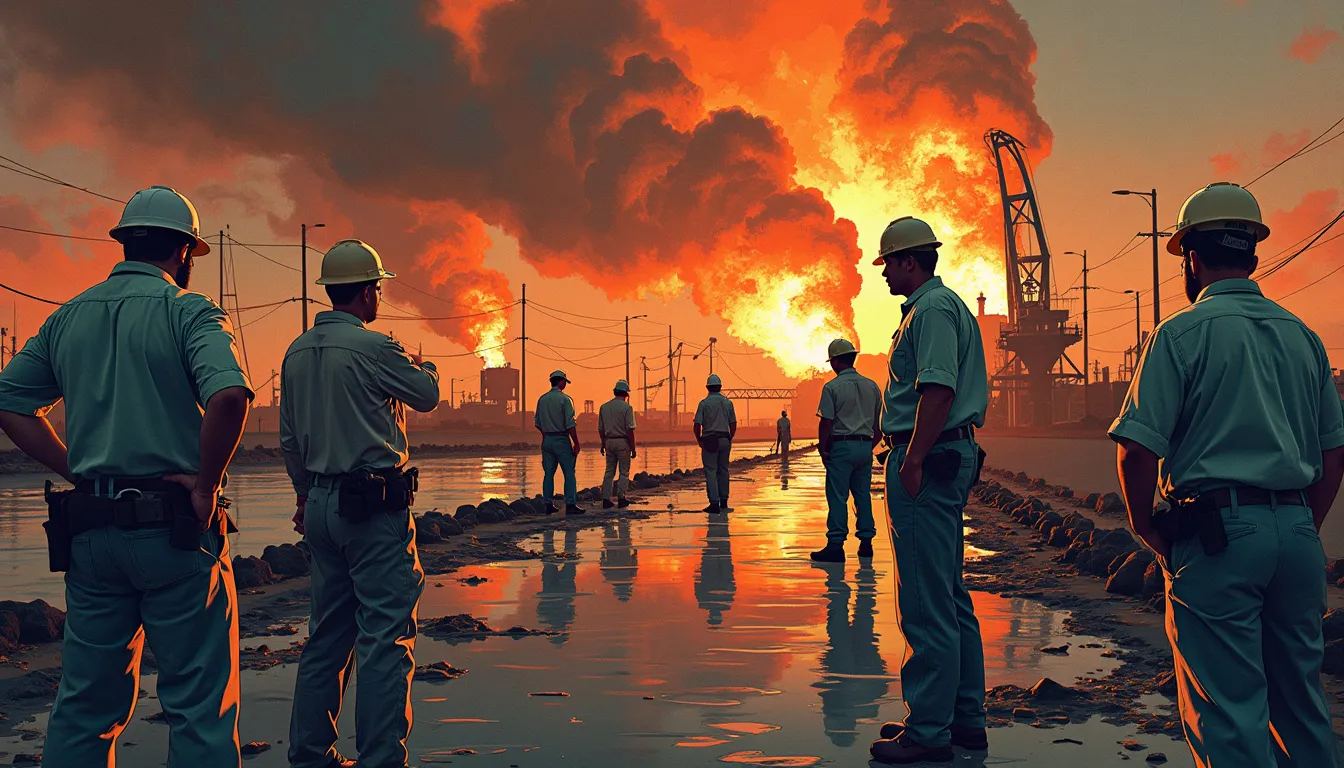
Unions Endanger US Employment by Challenging Nippon-US Steel Agreement
The recent $15 billion deal between U.S. Steel and Japan’s Nippon Steel has ignited a fierce backlash from labor unions and political figures, raising significant concerns about job security and the future of American manufacturing. The United Steelworkers (USW) union has taken a hard stance against the agreement, citing fears of job losses and plant closures as primary motivations for their opposition.
Opposition from the United Steelworkers Union
The USW has publicly criticized both U.S. Steel and Nippon Steel for pursuing this substantial merger without engaging the union, which they argue violates existing partnership agreements. Their discontent is rooted in the belief that the deal undermines workers’ rights and disregards the potential consequences for thousands of union jobs.
Lack of Union Approval
The absence of union consultation is a notable component of the USW’s critique. This perceived breach of cooperation has fueled tensions between the union and the companies involved, compounding concerns that the relationship between labor and management may be further strained in the wake of the deal.
Political and Regulatory Scrutiny
The proposed acquisition does not only face challenges from labor representatives but is also under close scrutiny from various regulatory bodies. Given Nippon Steel’s foreign origin, the deal is positioned for an in-depth review by the U.S. government, particularly the Committee on Foreign Investment in the United States (CFIUS). This heightened oversight reflects broader apprehensions regarding the acquisition of critical American assets by foreign interests.
National Security Concerns
Amid these debates, national security concerns have been implicated, with the Biden administration signaling that the acquisition may pose risks to the American steel industry. However, some analysts suggest that these security concerns might be more politically motivated than grounded in tangible threats, emphasizing the complex intersection of economics, politics, and national defense in the current landscape.
Presidential Involvement
As the 2024 presidential election looms, the stakes are particularly high. President Biden’s administration is focused on fortifying union jobs and preserving domestic manufacturing, aligning closely with the USW’s position. This political context only serves to amplify the urgency surrounding the deal’s approval process.
Economic and Job Security
The anxiety surrounding potential job cuts and factory closures remains paramount. Union leaders and certain political entities argue that the agreement threatens a vital sector of the American economy. Conversely, proponents of foreign investment argue that such deals can lead to long-term economic growth and job creation, suggesting a need for a balanced perspective on the future of U.S. manufacturing.
Competing Bids and Industry Impact
Adding to the complexity, U.S. Steel had previously explored other acquisition bids, including one from Cleveland-Cliffs. However, the USW’s opposition and related industry concerns have made these alternatives increasingly complicated. The ongoing negotiations underscore the challenging dynamics of the steel industry as it confronts both global competition and local labor needs.
Conclusion
The backlash against the Nippon Steel-U.S. Steel deal encapsulates a broader struggle over job security, labor relations, and national priorities within the manufacturing sector. As unions rally against what they perceive as threats to American jobs, the implications of this deal will likely resonate far beyond the steel industry, reflecting deep-rooted concerns about the future of work and economic stability in the United States.
